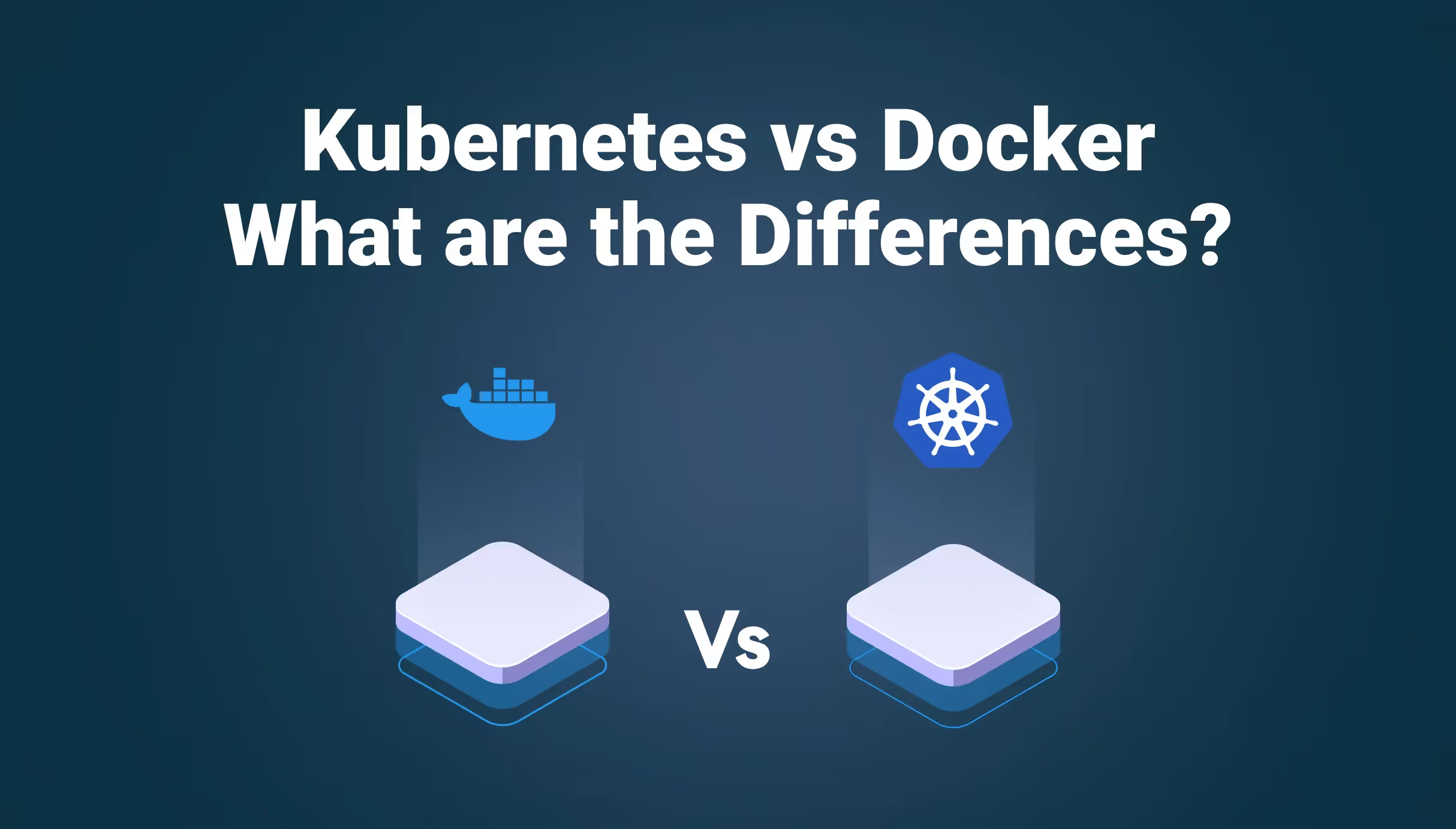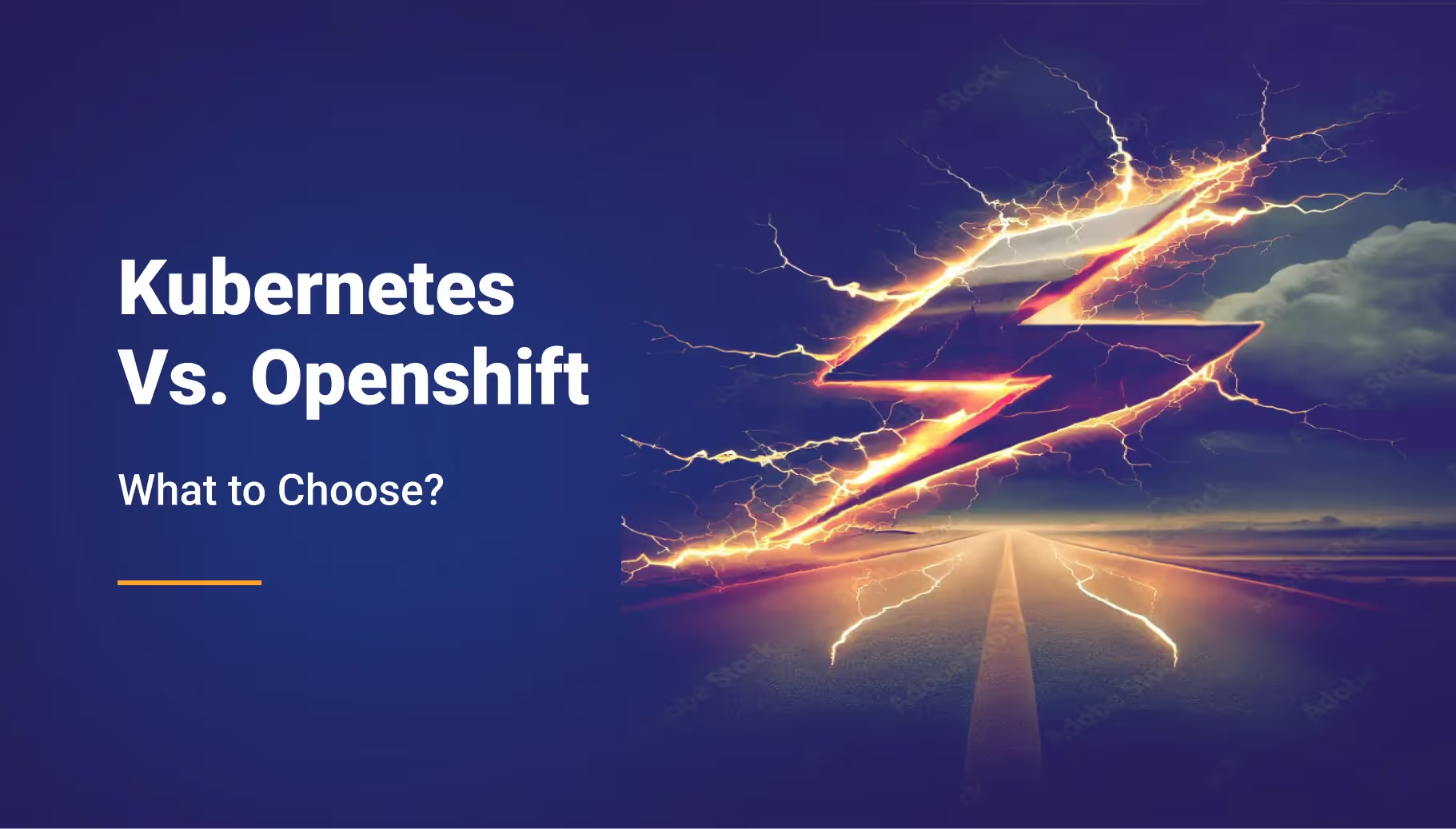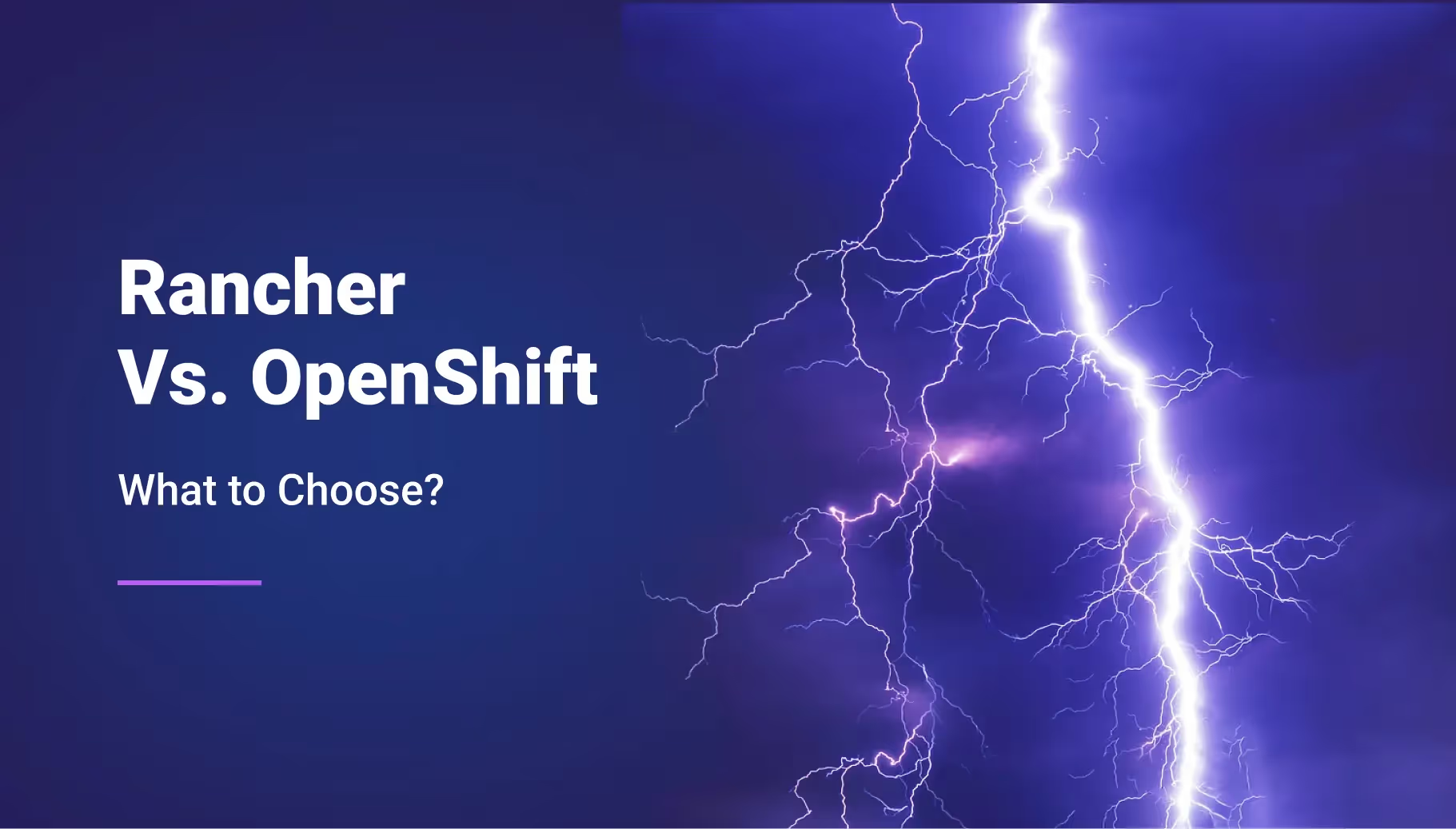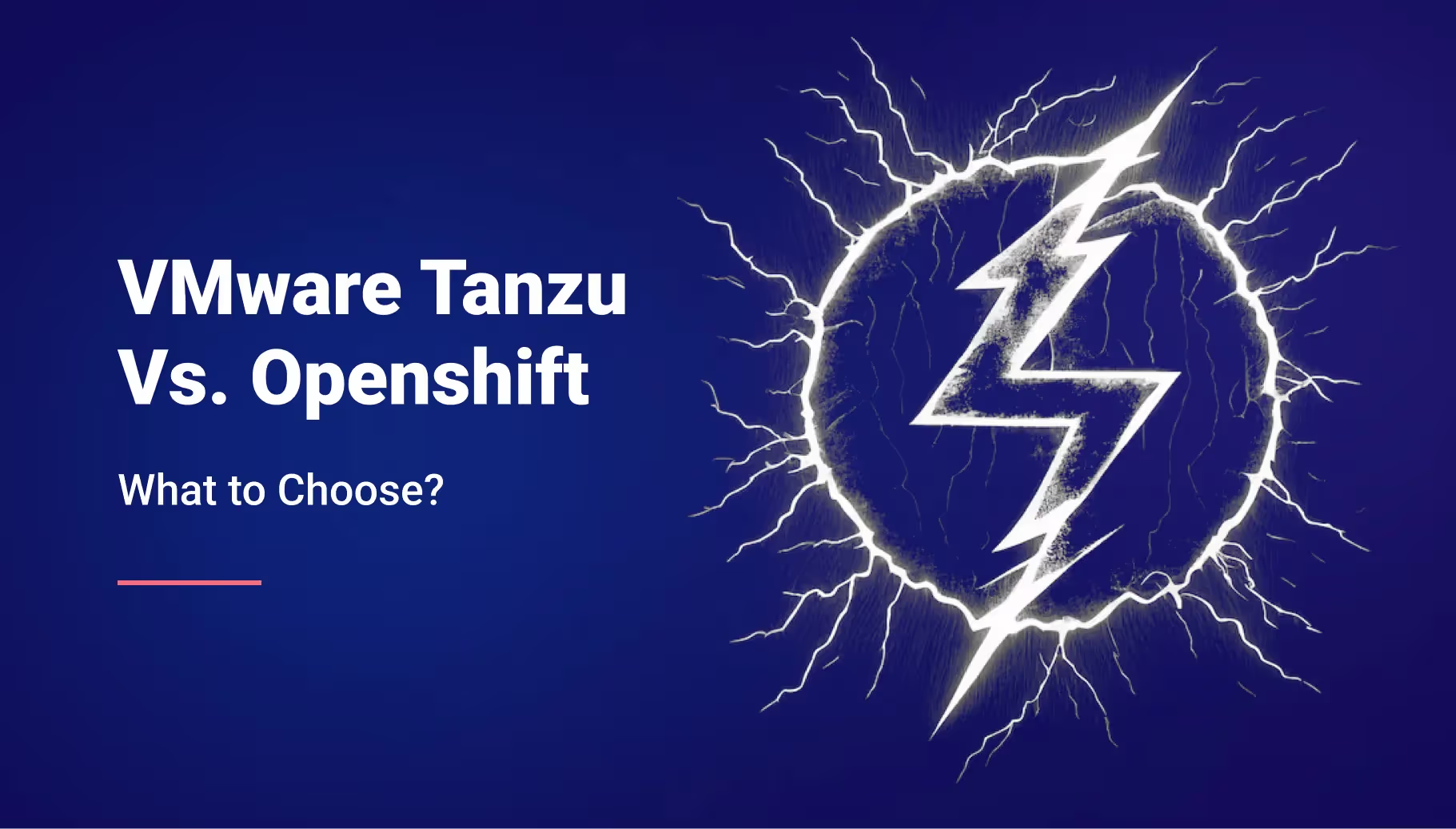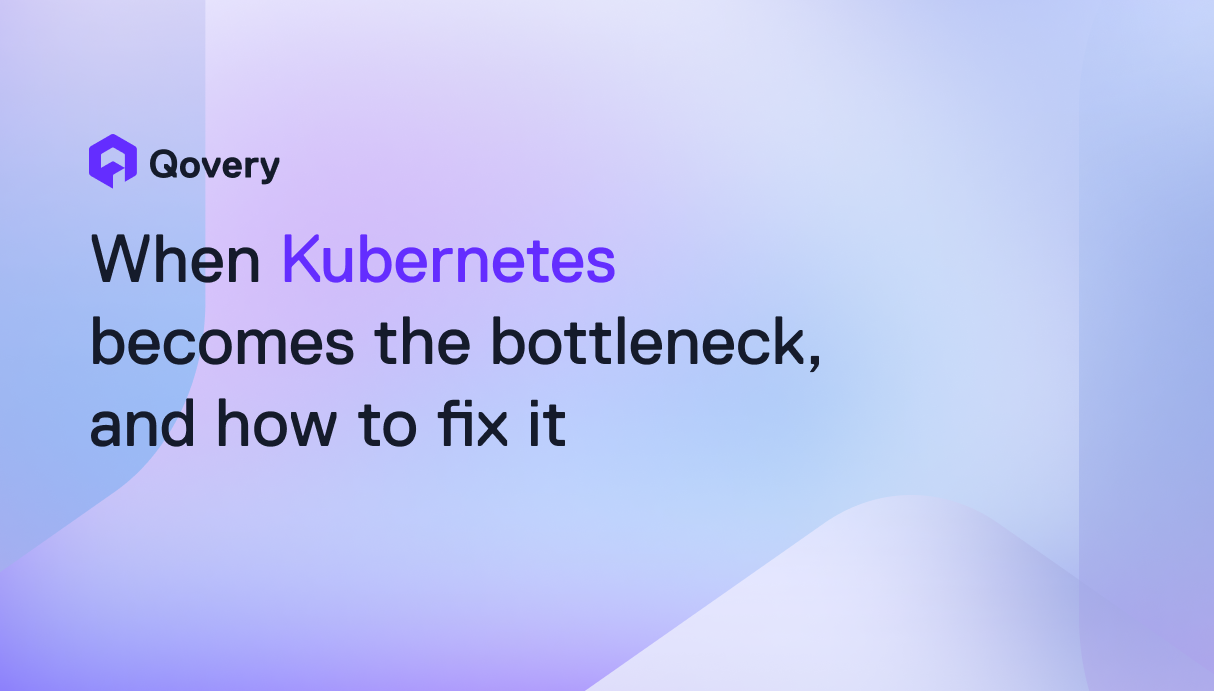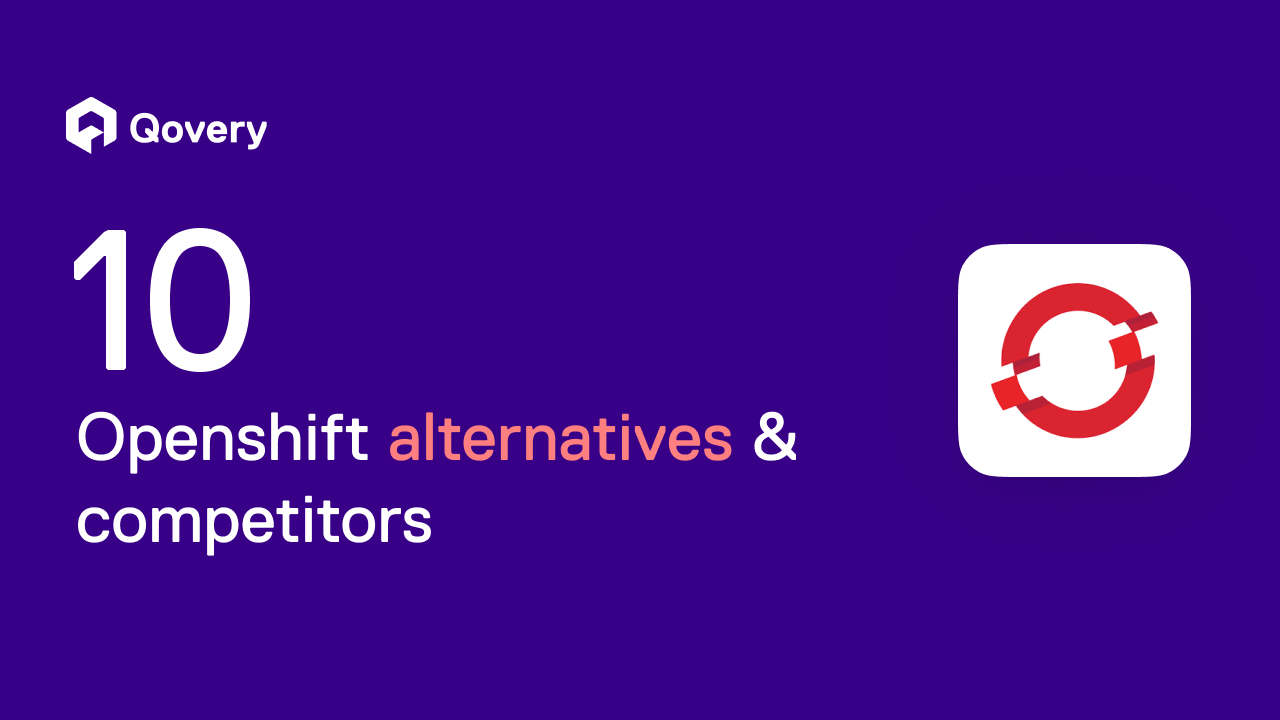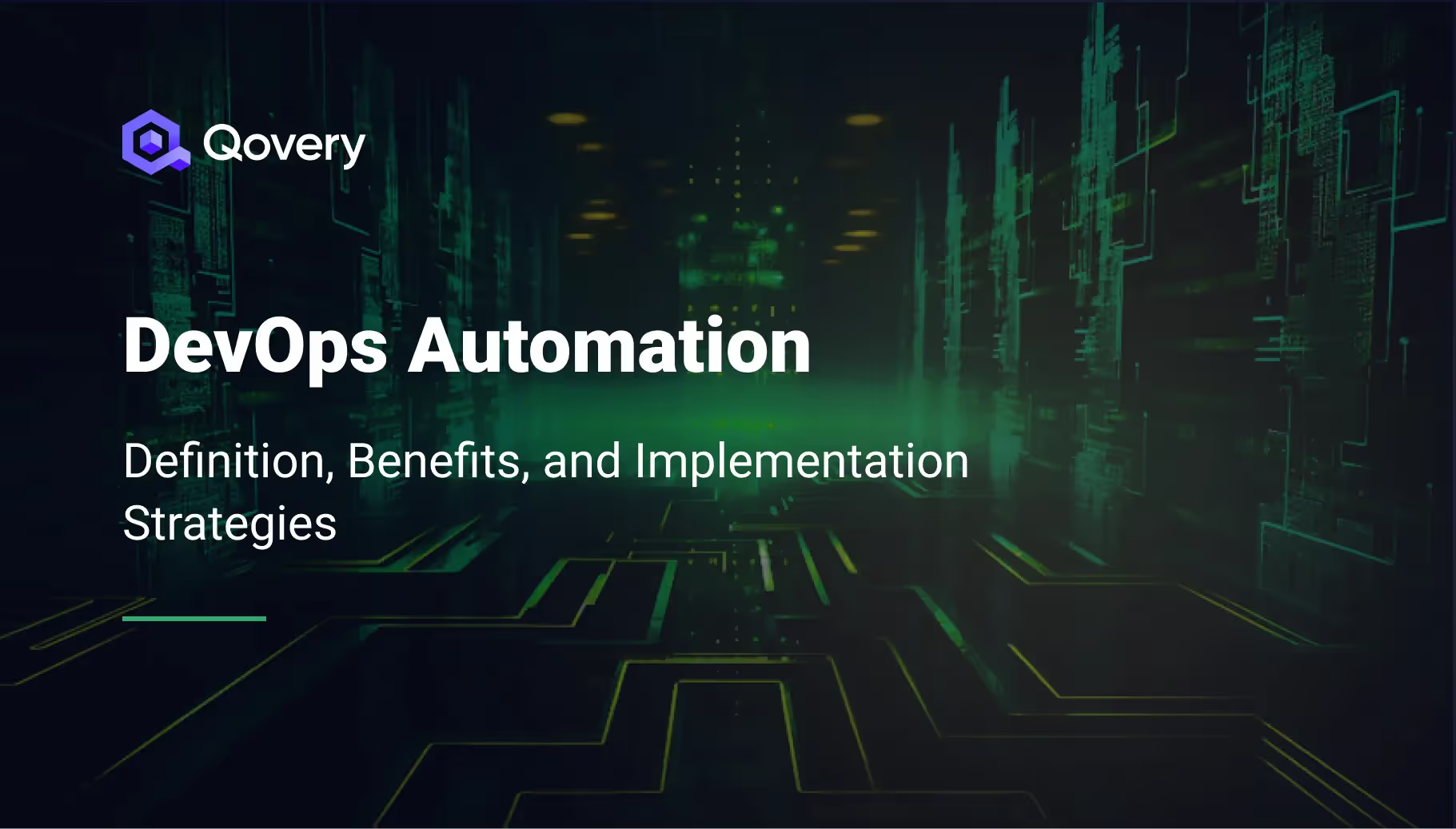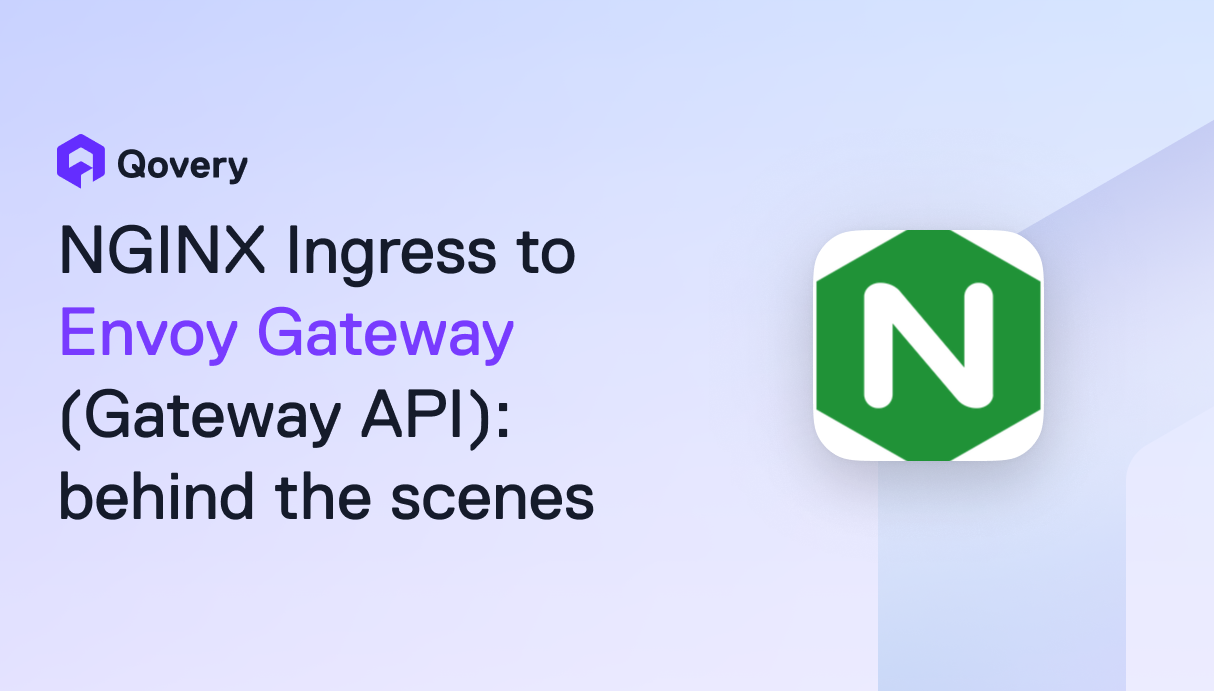
The easiest way to deploy your database - The Future of Qovery - Week #7

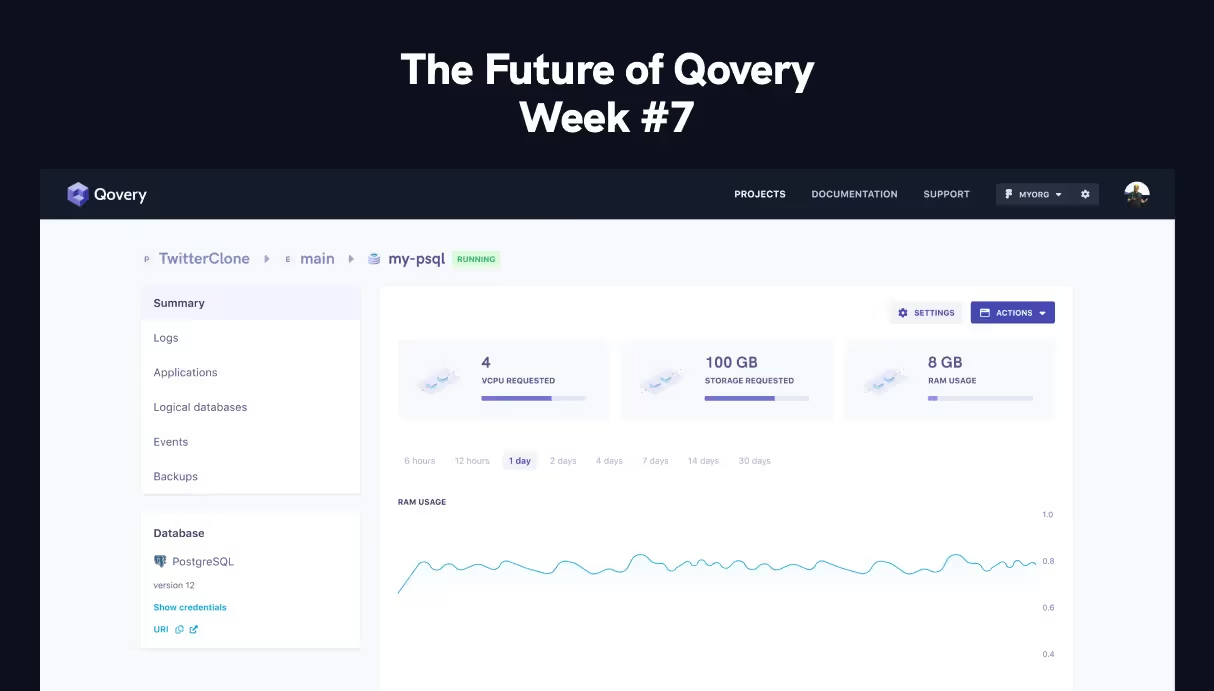

This series will reveal all the changes and features you will get in the next major release of Qovery. Let's go!
Read the previous article: Qovery goes beyond app deployment - The Future of Qovery - Week #6.
It has never been so easy to manage your database.
Applications that do not require a database are not usual. 96% of applications that our users deploy use at least a database.
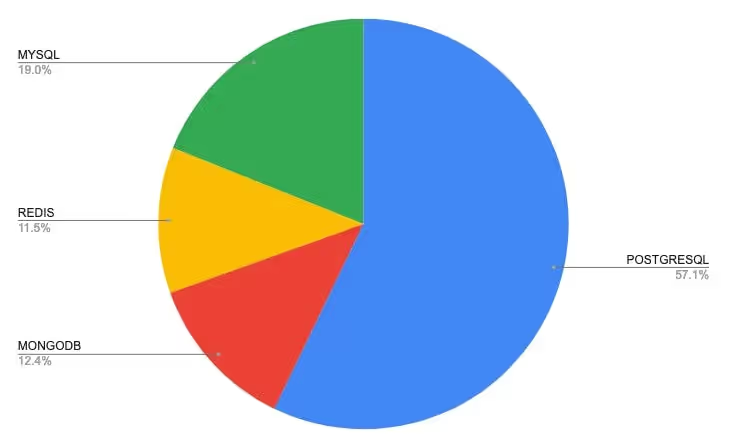
Fun fact, I remember ten years ago when MySQL was the primary relational database choice. Things have changed! Now it's PostgreSQL that is the first choice from what we see on Qovery.
Deploying your database should be hassle-free as deploying your application. But this is where most Cloud providers have failed. They never succeed in helping you as a developer to deploy your application WITH your database. This is precisely what Qovery fixes!
The easiest way to deploy your database!
Deploying a database with Qovery is as simple as clicking on "Add a database" - Sorry if you expected something more complicated than that 😁.
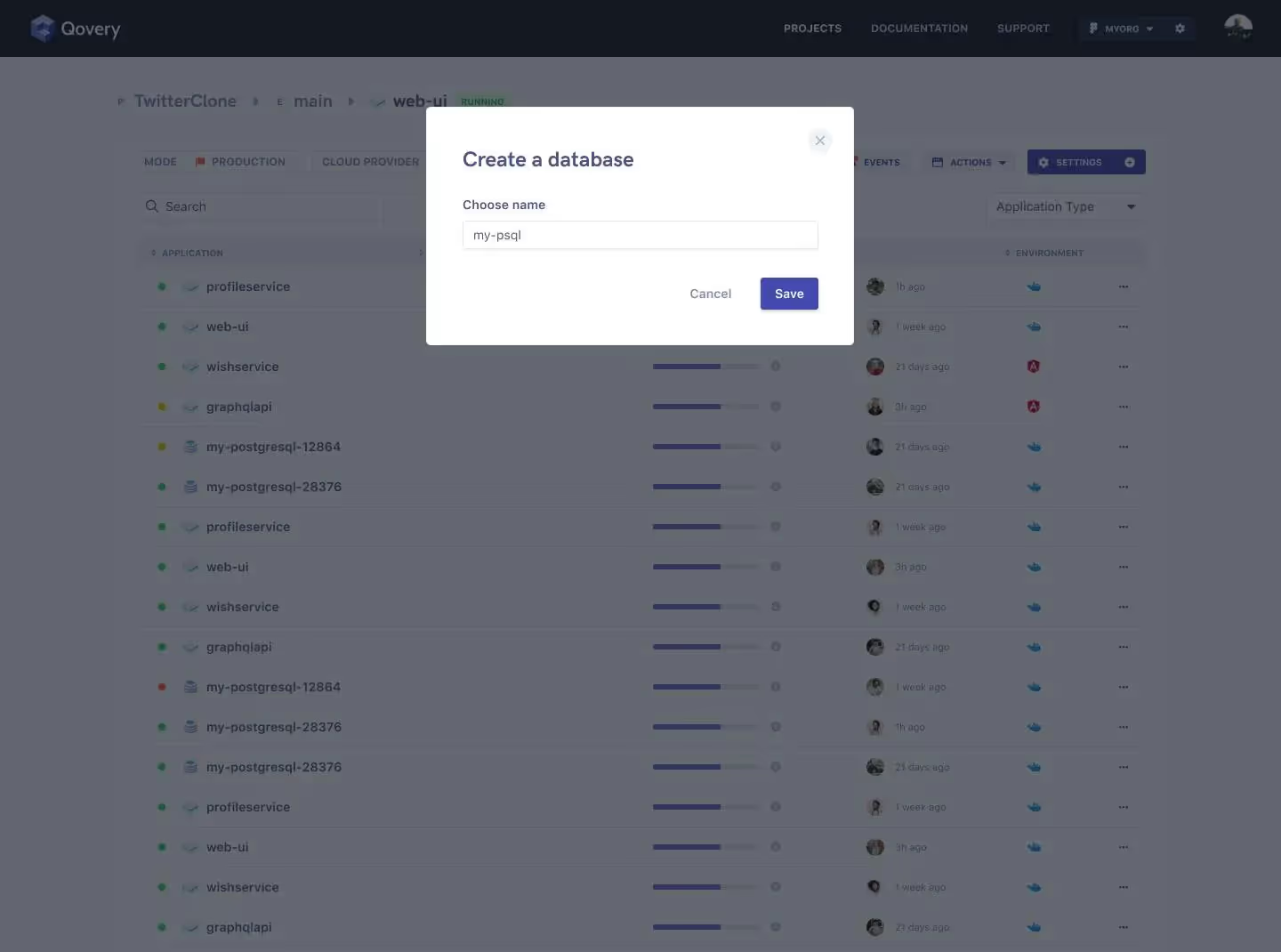
You have the choice between the type of the database and the version. Today we support PostgreSQL, MySQL, MongoDB, and Redis. We expect to support more databases in the future. A third option is the "Mode" of your database. "Managed Service" and "Container" - Using "Container" allows you to reduce your operational cost and "Managed Service" to increase availability and performance.
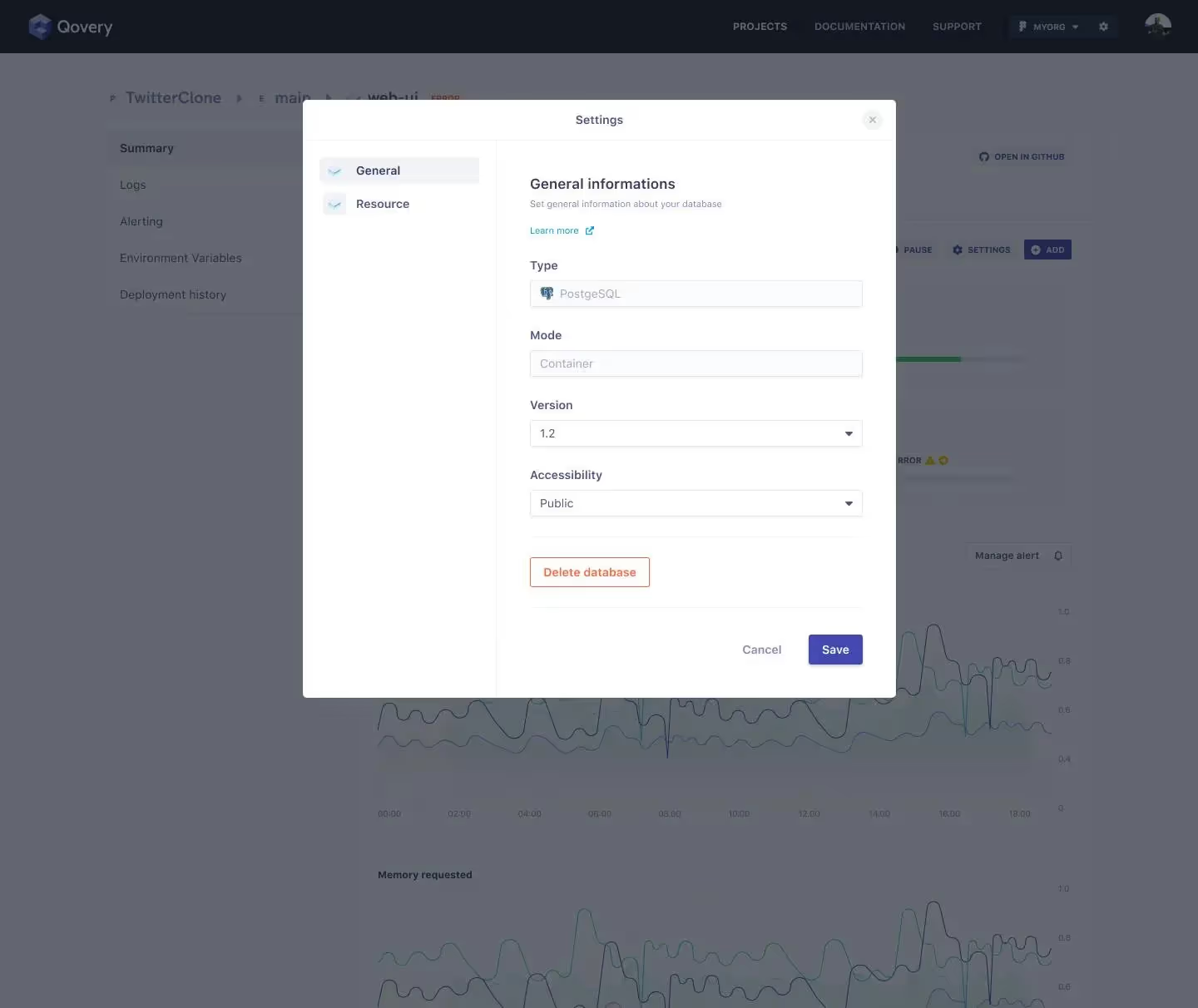
Qovery supports proprietary databases.
You are using AWS DynamoDB, AWS SQS, and even Google Big Query? We are working on supporting those databases. I can't wait to talk about it in another thread. Be patient :)
Monitor your database
Qovery goes beyond app and database deployment. We ensure that your database operates well and runs efficiently. You will be able to keep an eye on the performances through your dedicated database summary page.
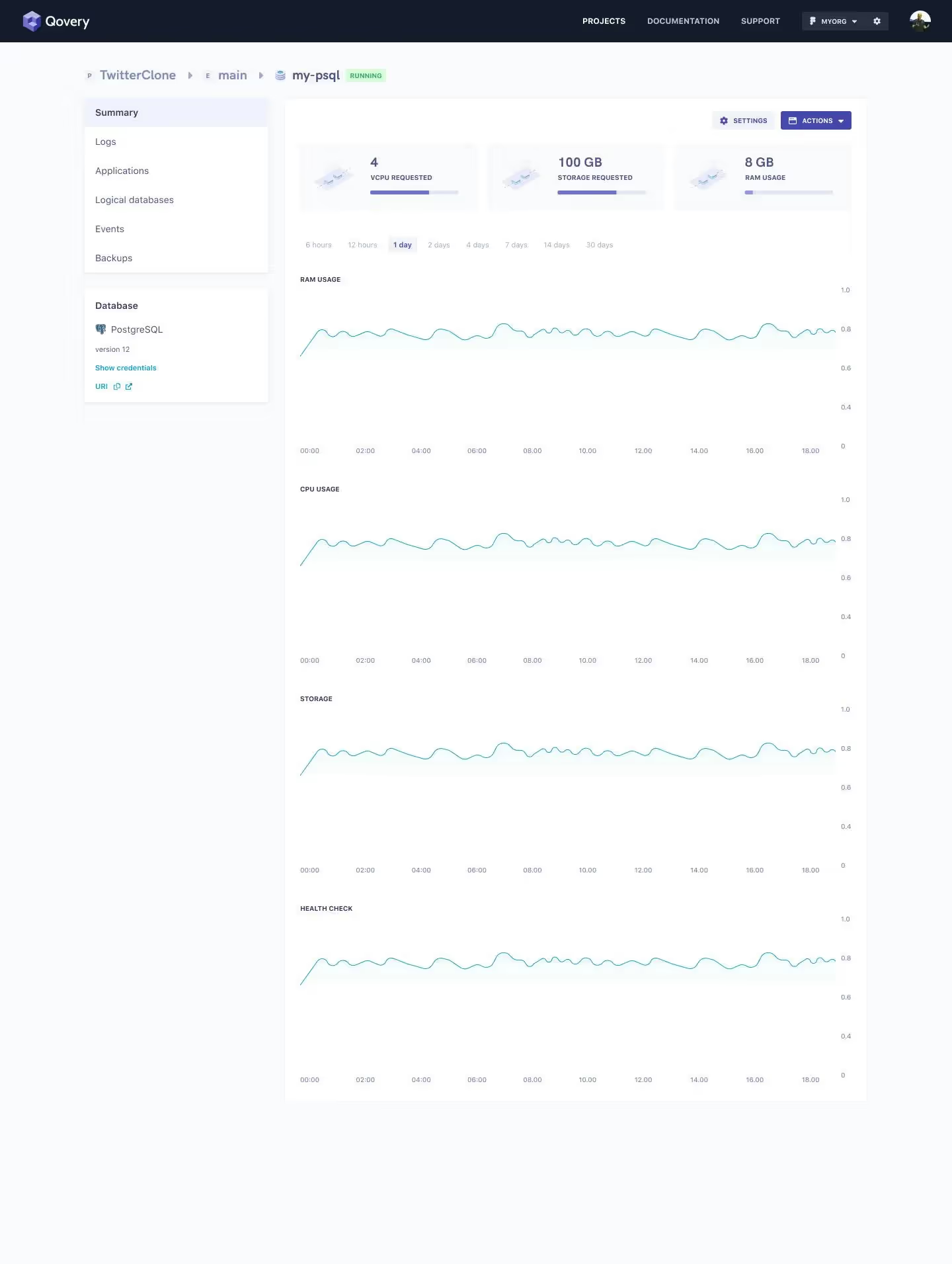
If you need to go into deeper details, you can install an APM add-on like Datadog and Newrelic.
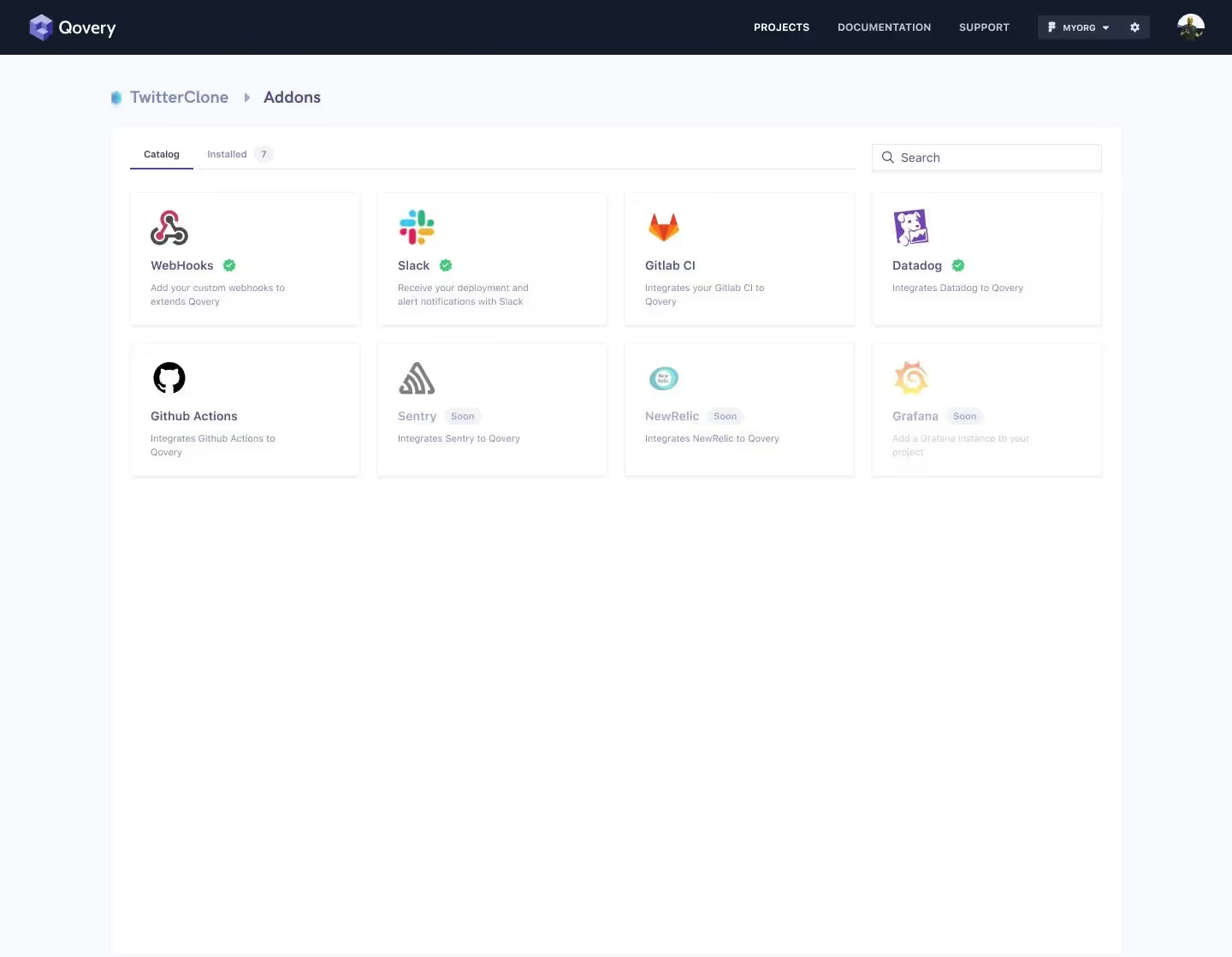
Manage your backup
Finally, running your database is great, but keeping backups in case something goes wrong is better for your business. That's why Qovery will provide built-in database backup for everyone. This is up to you to enable database backup or not.
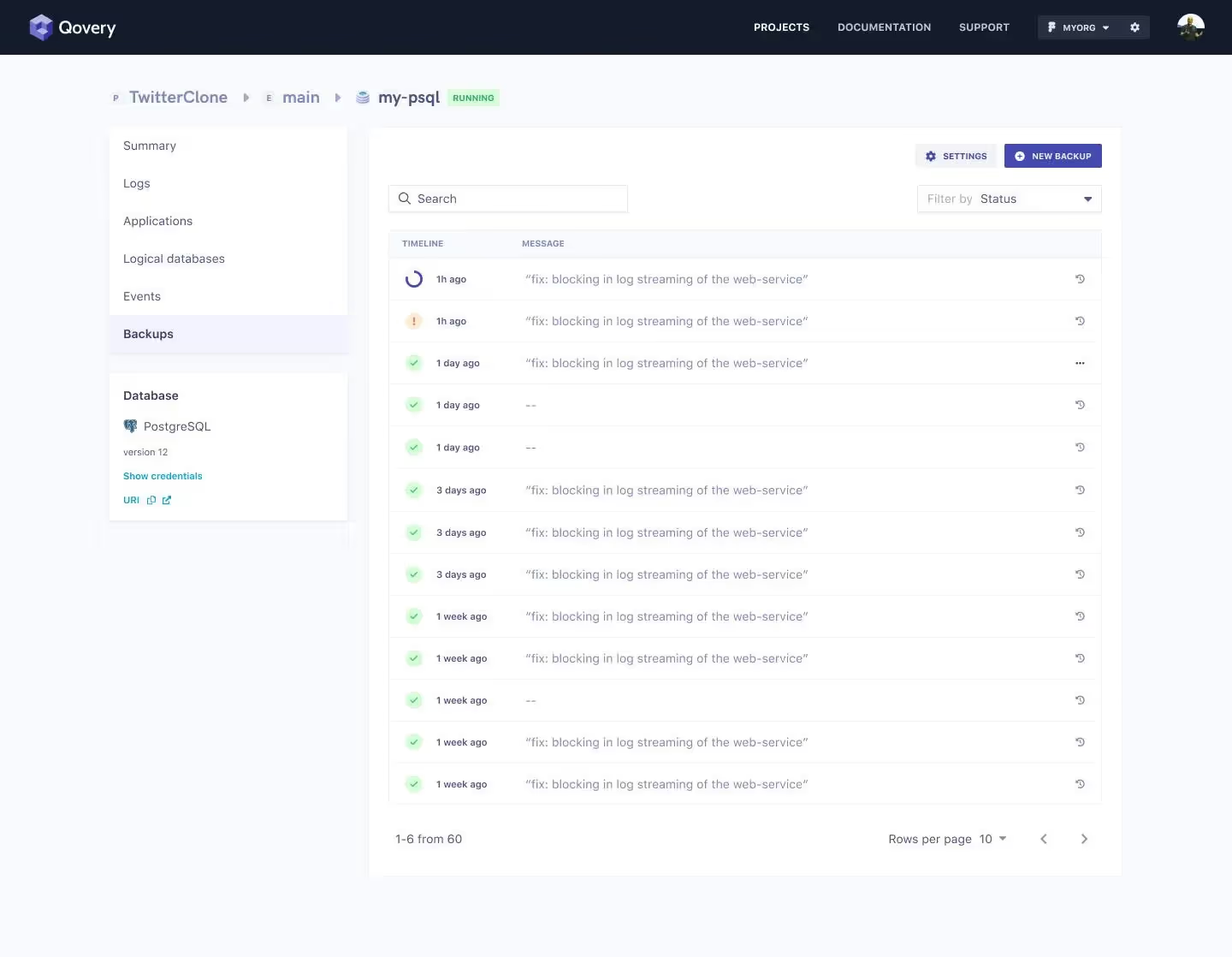
Bonus: view what apps are using your database
You can view in one click all the applications relying on this database. Life is beautiful, isn't it? :)

Conclusion
Deploying and managing your database should not be more complicated than deploying your front end or your backend. That's why the next release of Qovery will push simplicity farther than what we have today. My team and I are excited to release our next major version of Qovery's DevOps Automation tool. If you are interested in joining the beta in early June, let me know on Discord.
--
See you next week -- same hour, same place 👋
Romaric from Qovery -- We are hiring.

Suggested articles
.webp)



.svg)
.svg)
.svg)
